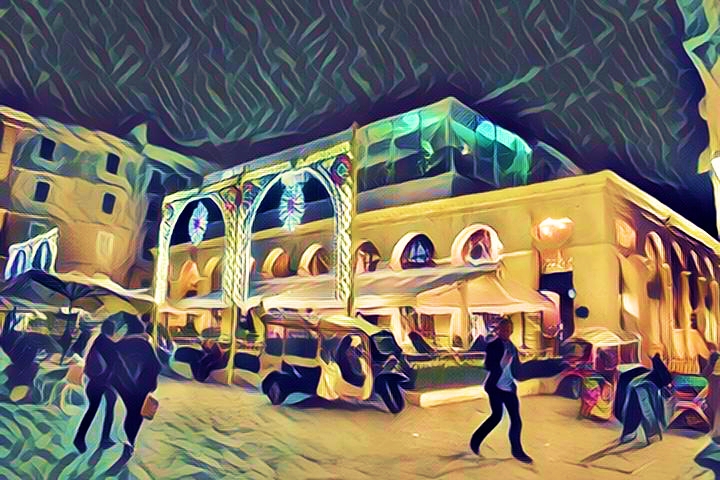
How does Is-Suq tal-Belt, the restored old market that covers a block linking Merchant St with St Paul’s St, shape up on good neighbourliness and enabling human interaction?
by Josephine Burden
Image by Raisa Galea (assisted by Fotor & GoArt)
[dropcap]I[/dropcap]n my previous article about Strada Stretta, I identified two of the practices that enable the aim of helping citizens to live well in a city like Valletta that is changing rapidly. The first is good neighbourliness expressed through design and action that takes account of people. The second criterion assesses the extent to which public space—the streets, squares and parks—enables human interaction.
How does Is-Suq tal-Belt, the restored old market that covers a block linking Merchant St with St Paul’s St, shape up on these criteria?
The market opened with great fanfare at the start of the year. To achieve the restoration, the public/private enterprise evicted all the family businesses that still operated in the dilapidated site. Some of the butchers and delicatessen grasped the opportunity to re-establish themselves in garage shops elsewhere in Valletta. Others stopped operating. I miss being able to walk through the market from Merchant St to St Paul’s St and wave at my neighbour who ran one of the butcher’s shops.
Now, the pleasure of walking through a functioning market is prevented by the security needs of a supermarket. I never venture in. These days, I practice my Maltese in scattered garage shops, sometimes converted into shiny, new premises.
During the construction phase of Is-Suq last year, residents spoke out about the inconvenience of all night noise and traffic. Even before the opening, residents also objected, without success, to the large glass box that was added to the roofline on Merchant St, and to the large balcony that jutted out over St Paul’s St, narrowing the space available for pedestrians. The steps that had allowed pedestrian access through from Merchant St were replaced by a ramp under the cantilevered balcony supposedly for delivery trucks but never used for that purpose because it was too narrow.
Residents experienced partial success with the removal of the two large refrigerator trucks permanently blocking Felix St as well as the private property signs that appeared around the huge decks in front. When we challenged the placing of private property signs on the decks, the management declared that the signs were needed in response to young girls using the entry ramp for skate-boarding.
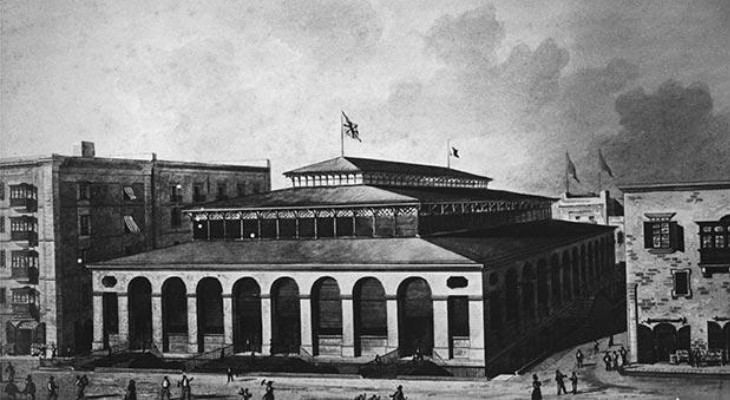
The battle to tame the enormous output of rubbish resulted in a clumsy gated enclosure that intrudes onto Felix Street at one end with a meshed enclosure that houses a huge gas cylinder at the other.
Cooking smells and the noise of air-conditioning vents permanently hang in the air. However, the pressure from residents protesting the inadequate design for the removal of rubbish did result in the government adding a cleaning station with industrial bins housed in cupboards at the end of the lane. Street sweeping equipment for the tourist areas of Valletta completed the obstacle course and straddled access to the pedestrian crossing along with delivery trucks avoiding the too narrow ramp.
[beautifulquote align=”left” cite=””]The most recent lost battle was the further takeover of Merchant St with chairs and tables in the middle of the square.[/beautifulquote]
The most recent lost battle was the further takeover of Merchant St with chairs and tables in the middle of the square. At the Planning Authority meeting to decide on the proposal for further commercial activity in addition to a retractable awning over the already established front decks, the representatives of Is-Suq used their agreement with Valletta 2018 to justify their activities: Cultural activities would make up for the abuse of local residents.
So now, large banners with musical instruments have been hung on the façade and one of the food outlets has linked its promotional material with the Valletta 2018 production of Corto Maltese. Even the closing party of this year’s conference, Sharing the Legacy, was held in the upstairs area of Is-Suq and attracted police intervention as residents once again complained about the noise far into the night.
![]()
In terms of my criteria, Is-Suq fails. The new market does not demonstrate good neighbourliness and people have not been considered in design and action.
In addition, the restoration of Is-Suq tal-Belt has disrupted local traders in favour of a generic supermarket model, thus damaging the intangible heritage of daily domestic life. The management has tried to counter this by presenting a marketing image of traditional Maltese food but this is clearly for tourists rather than local residents. The functioning of the market has also impacted negatively on pedestrian routes and public squares including access to pedestrian crossings and a bus stop on St Paul’s St. The management has used the promise of cultural activity to justify this abuse.
[beautifulquote align=”left” cite=””]There is some positive legacy in that the new market has helped to galvanise residents into resistance.[/beautifulquote]
But there is some positive legacy in that the new market has helped to galvanise residents into resistance and some people do appreciate the predictable opening hours.
Tourists and Maltese visitors to Valletta, who do not have to find their way down the sides of the market to St Paul’s St, also appear happy to call into Is-Suq and I like to see non-paying visitors sitting casually on the benches around the decks where once Private Property signs were displayed. The addition of electric tuk-tuks to transport people from outside Valletta into the market has also provided work for one of my neighbours and is an excellent example for other businesses to follow. Pity that the vehicles are parked at the side of the decks so that again a pedestrian route is narrowed.
I have learned from Is-Suq tal-Belt that Valletta Commons, like commons elsewhere, are always contested.
[beautifulquote align=”left” cite=””]When one amongst us uses the commons such that the rest of us are disadvantaged, then our lives are diminished.[/beautifulquote]
As we share the commons, we constantly negotiate our relationship in terms of the good that we hold in common. When one amongst us uses the commons such that the rest of us are disadvantaged, then our lives are diminished. Now that the market has been permitted to establish an abusive relationship to the commons and our institutions celebrate the right of Is-Suq to continue operating, I am discouraged about the options open to us in seeking to rectify the injustice.
I boycott and I make a point of wending through Felix St every day just to make a point, but I think the opportunity for change has slipped beyond our grasp. That makes me sad but in my next articles I’ll track some more positive changes that have been happening.
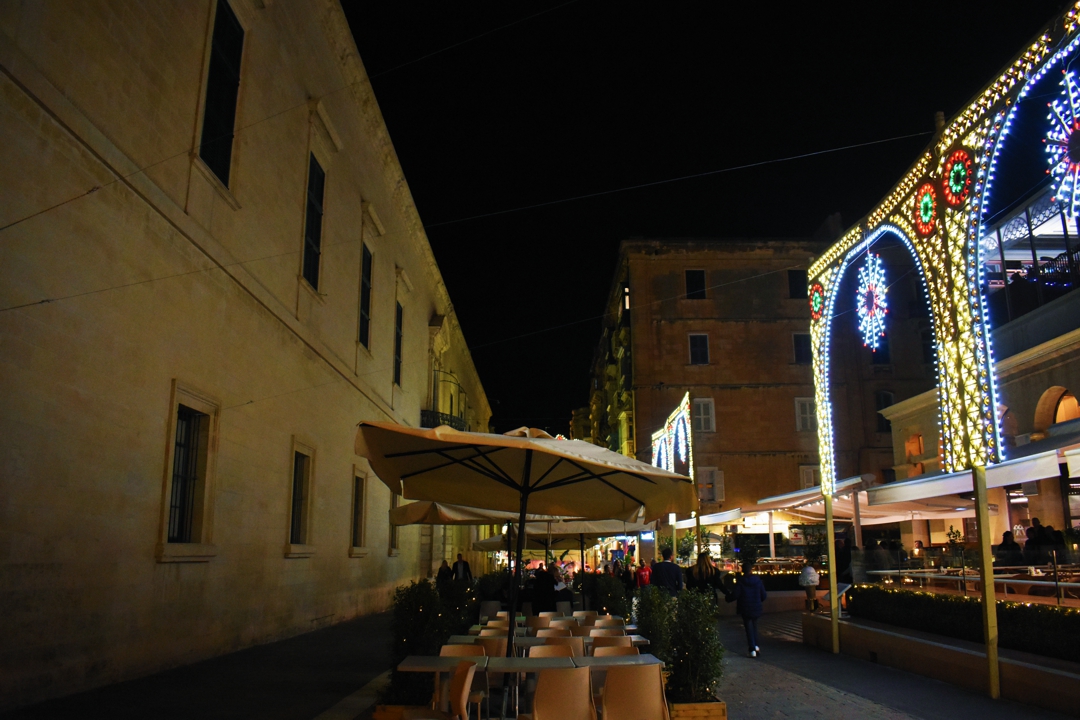
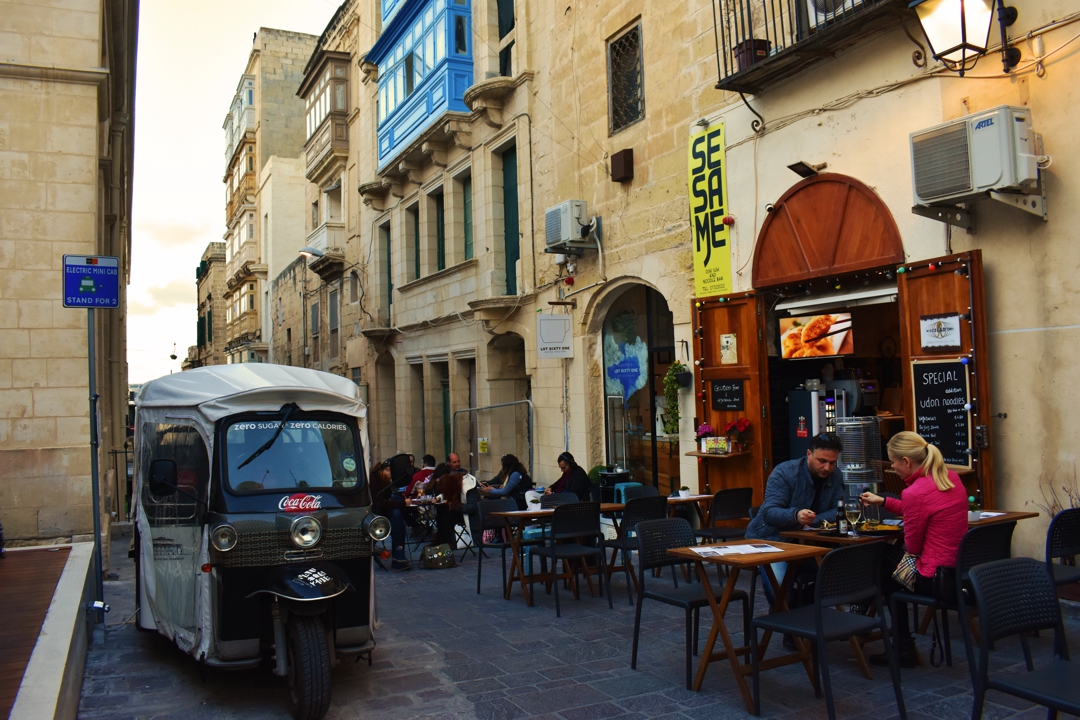
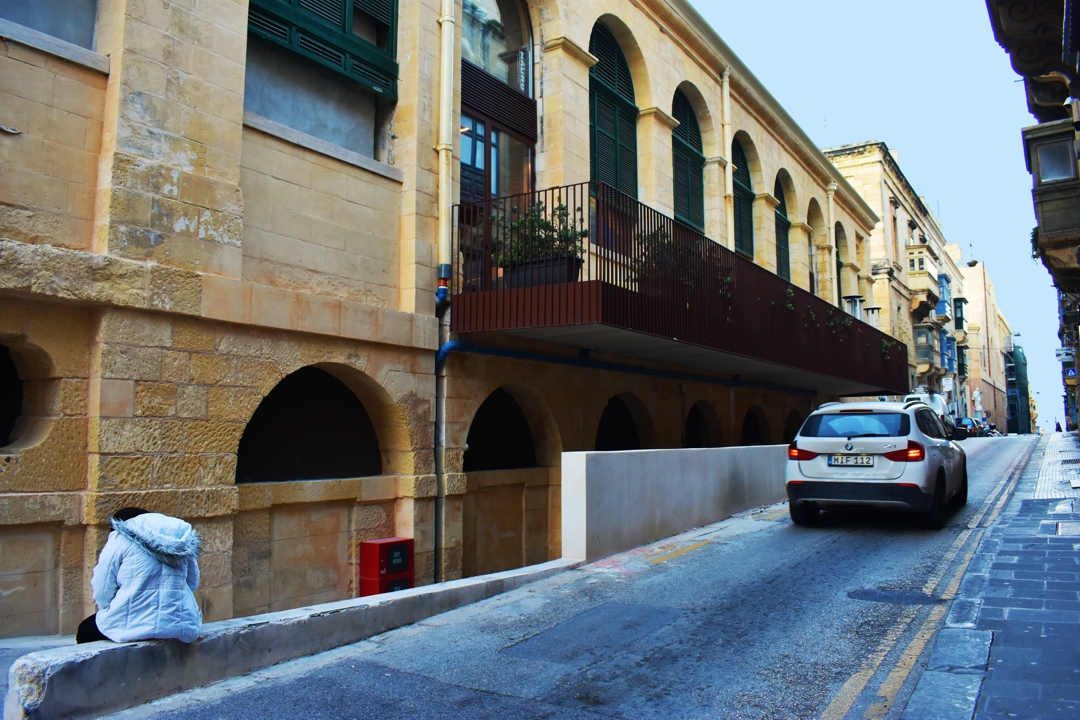
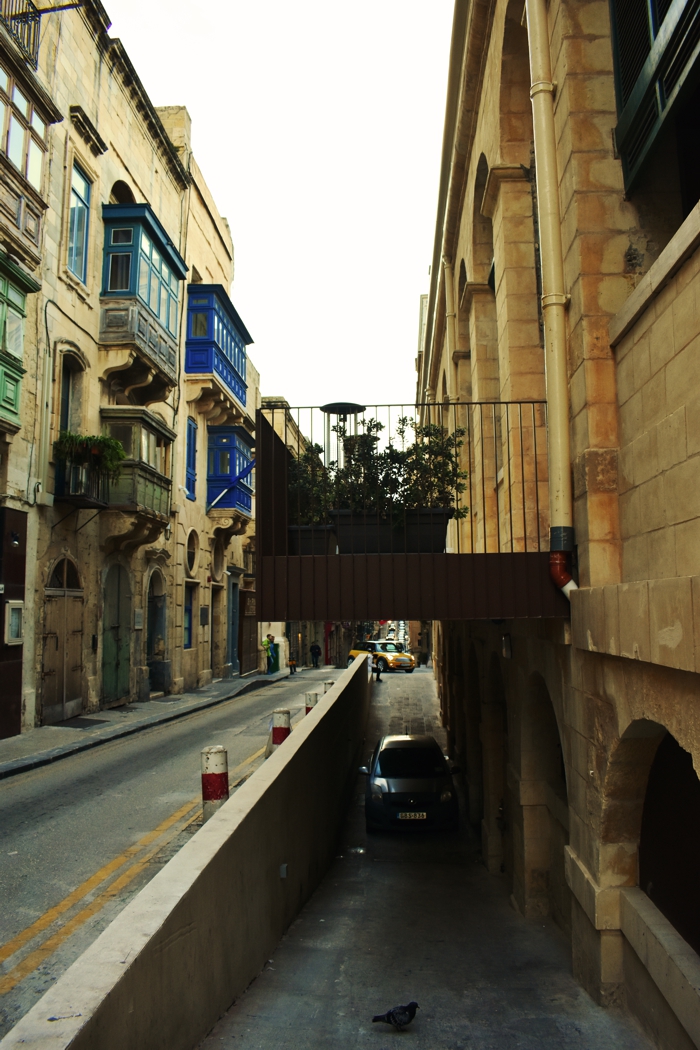
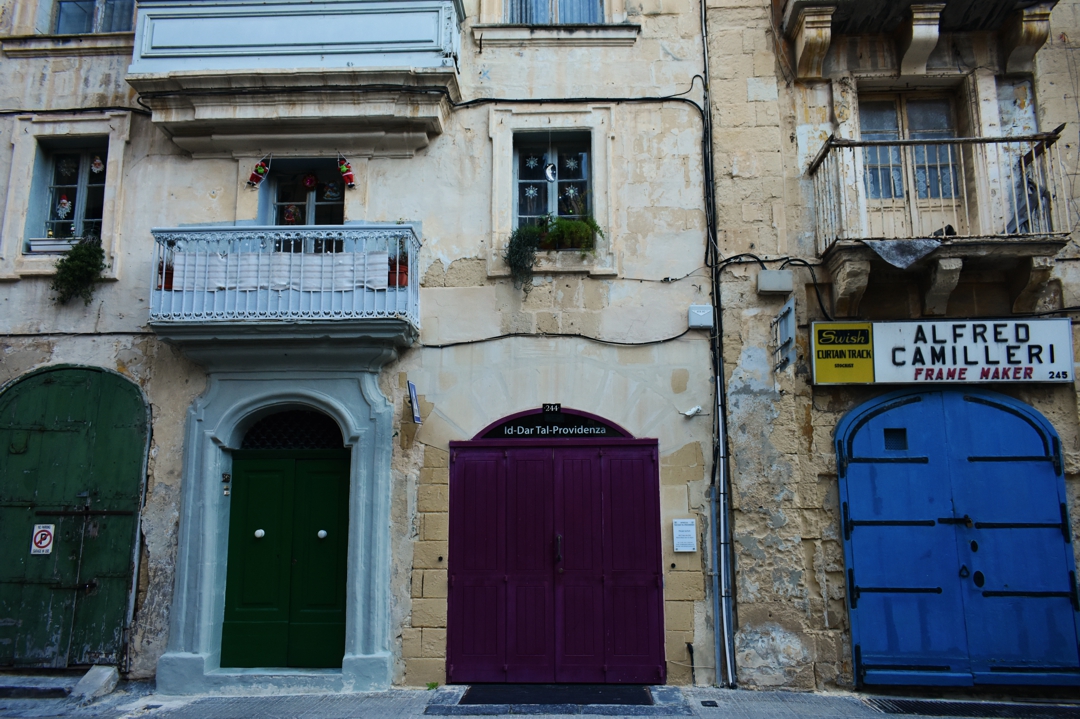
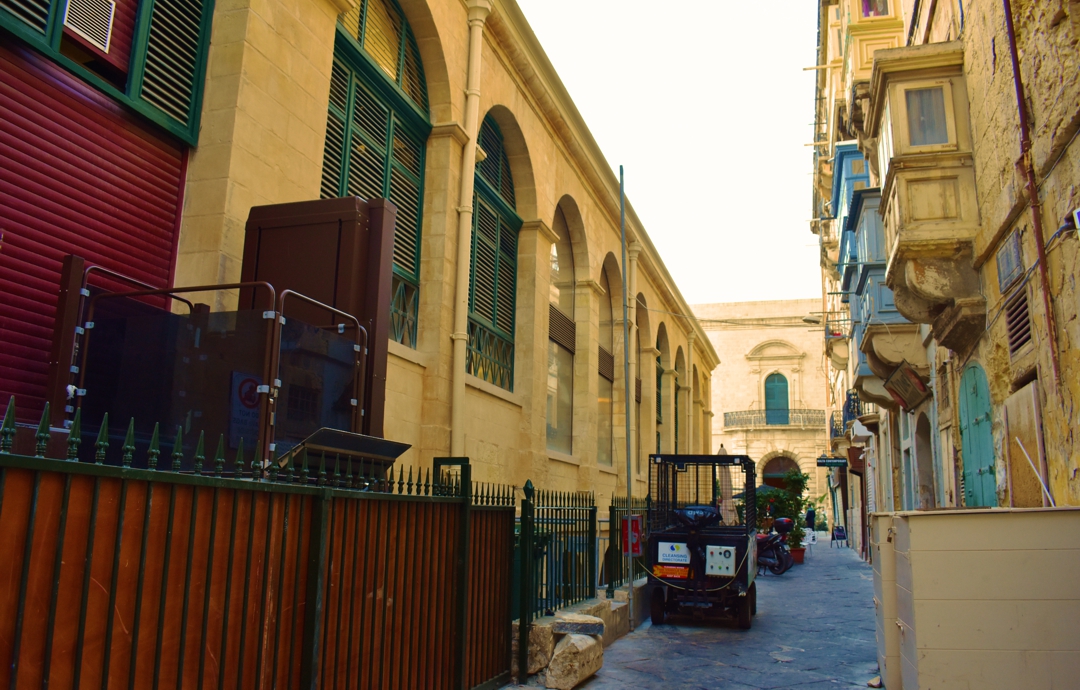
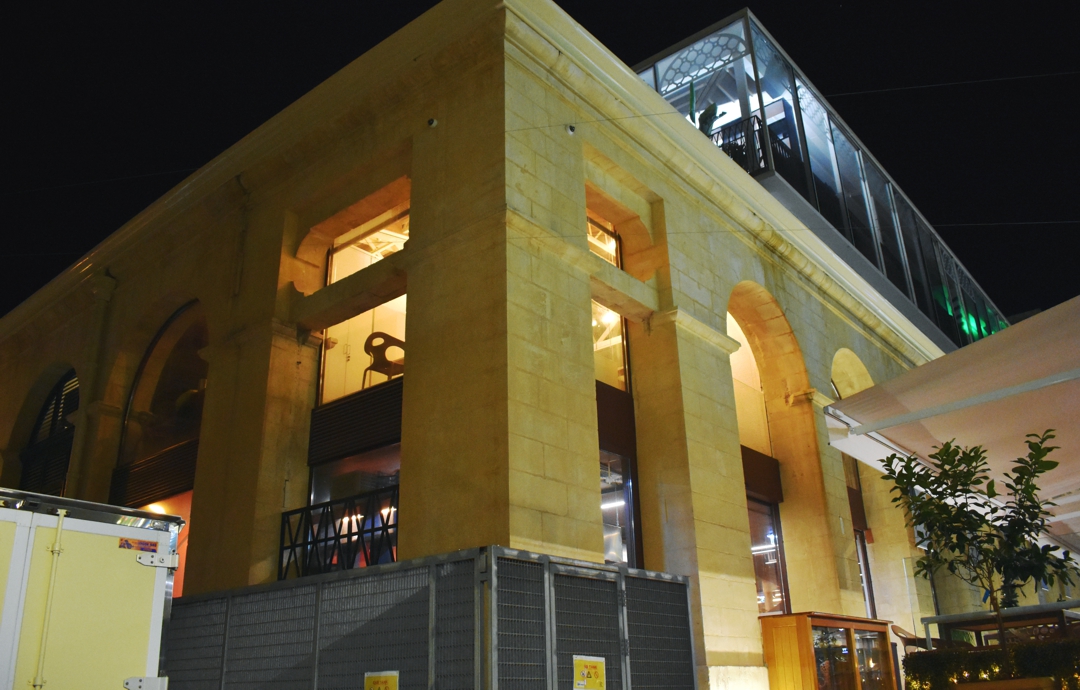
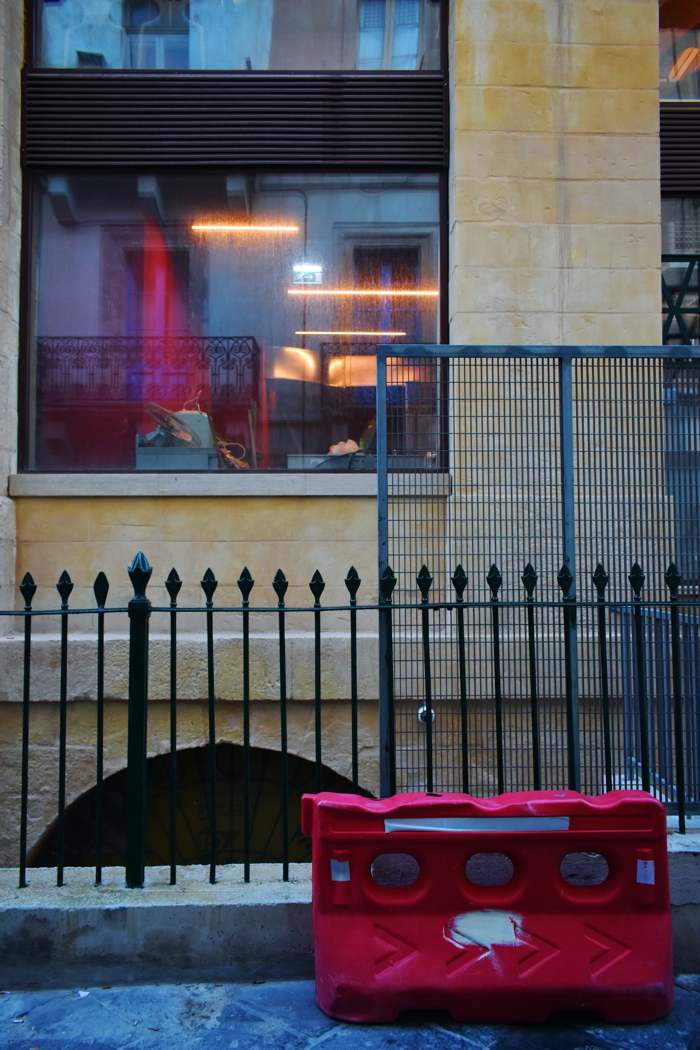
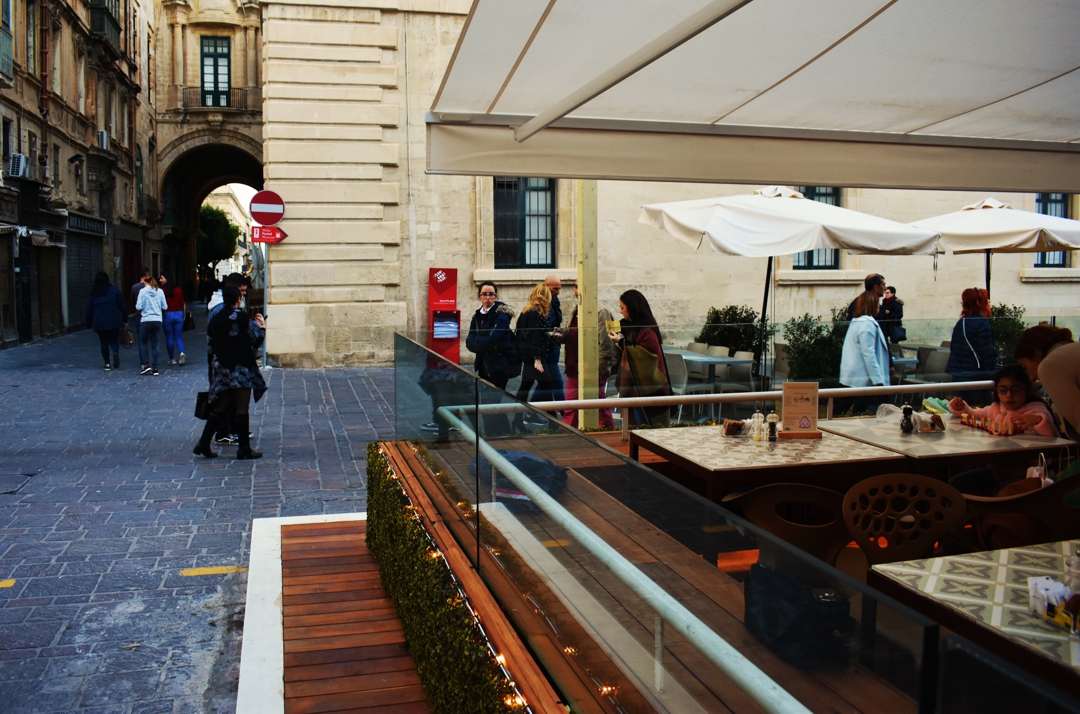
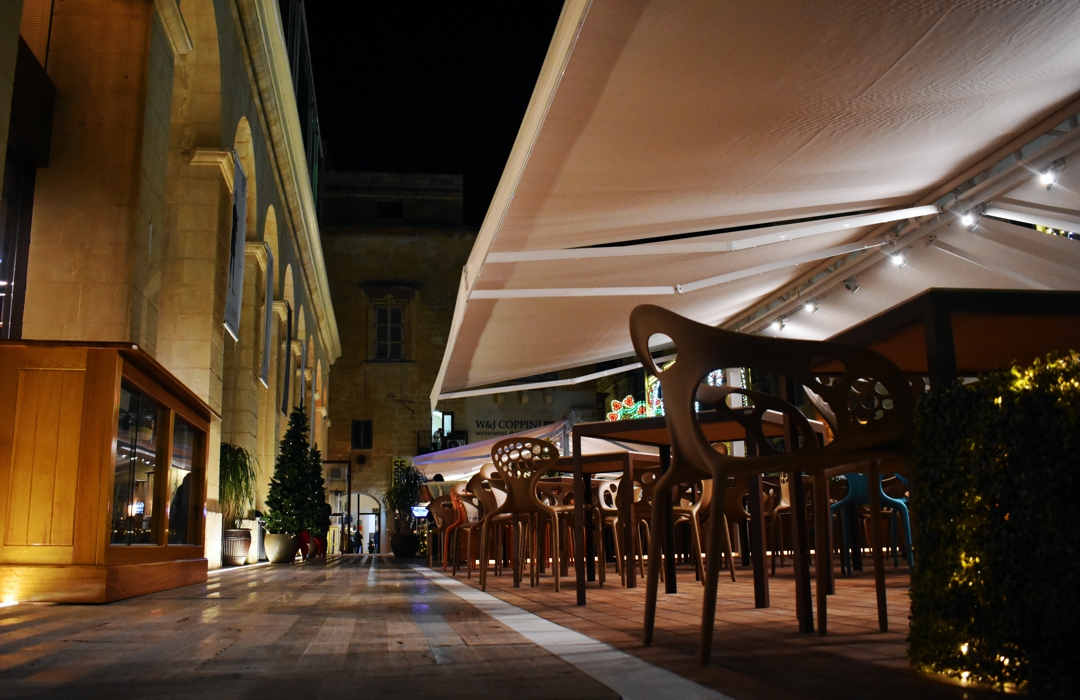
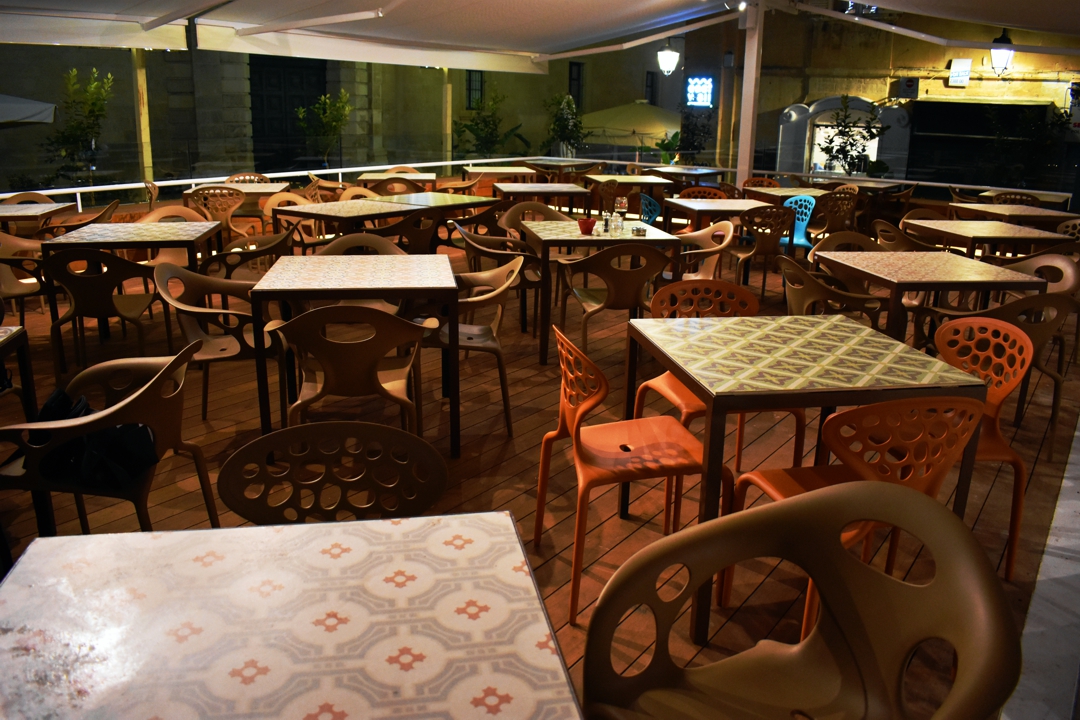
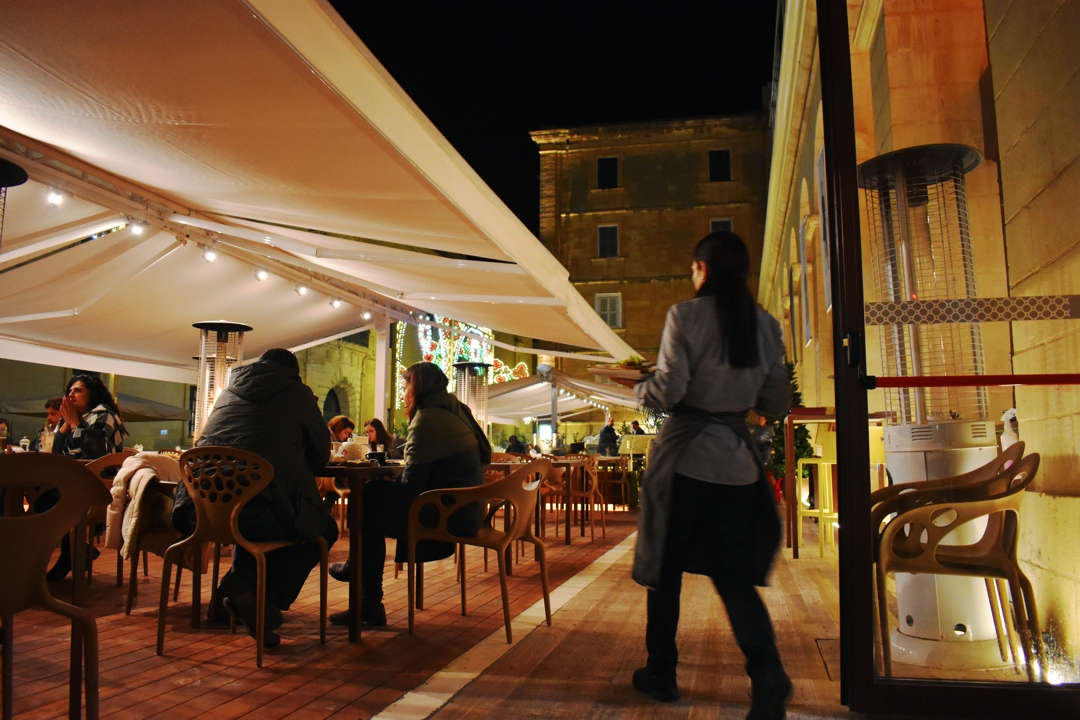
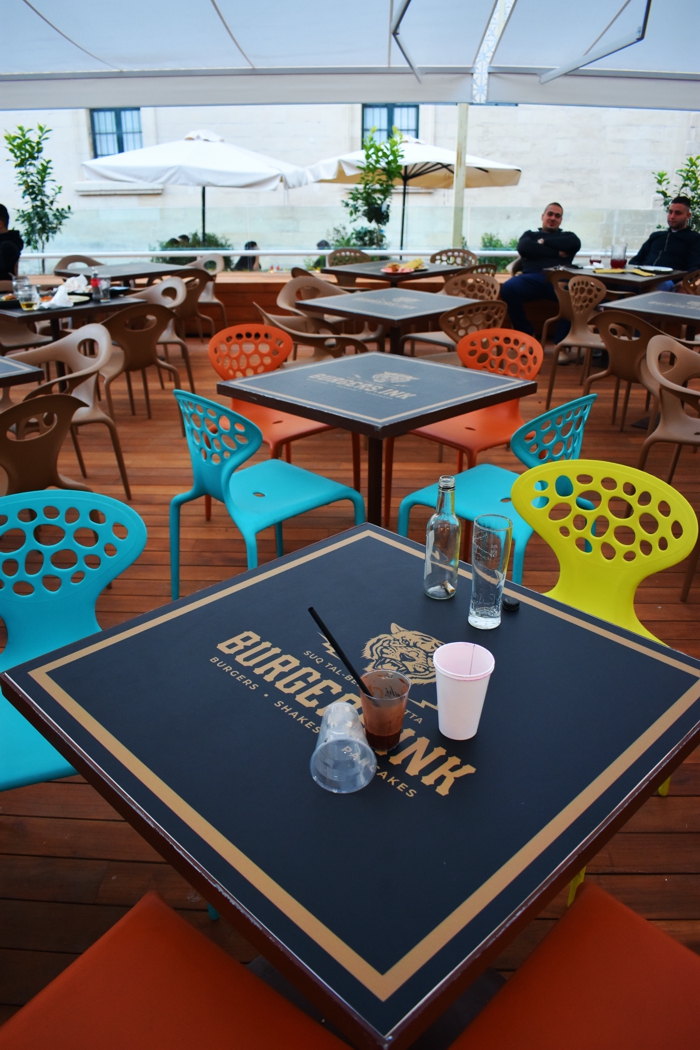
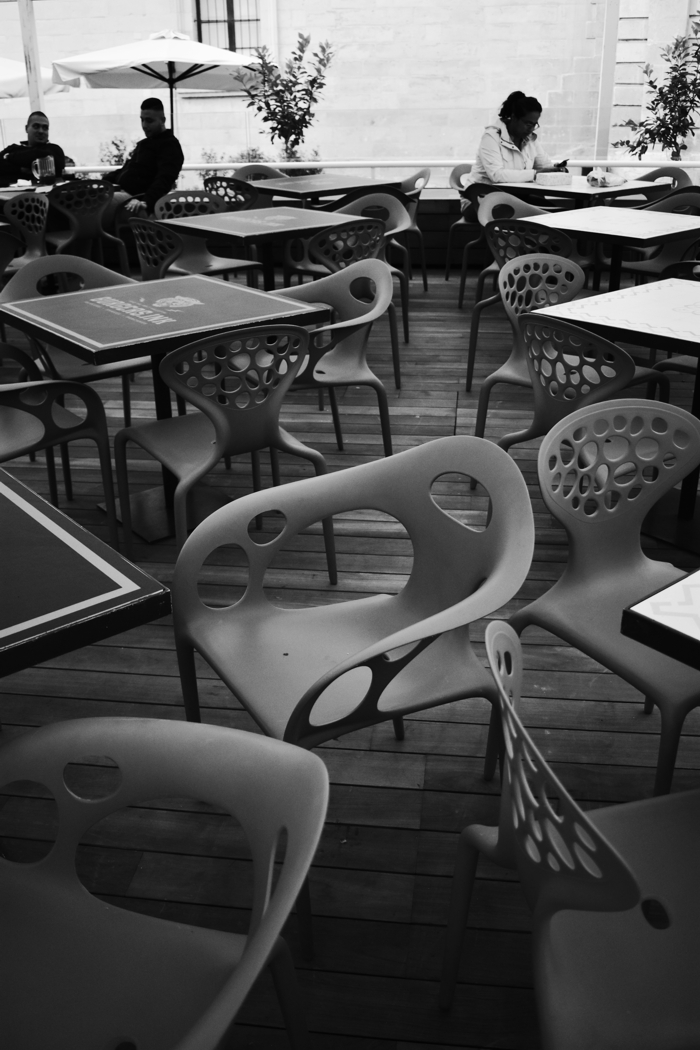
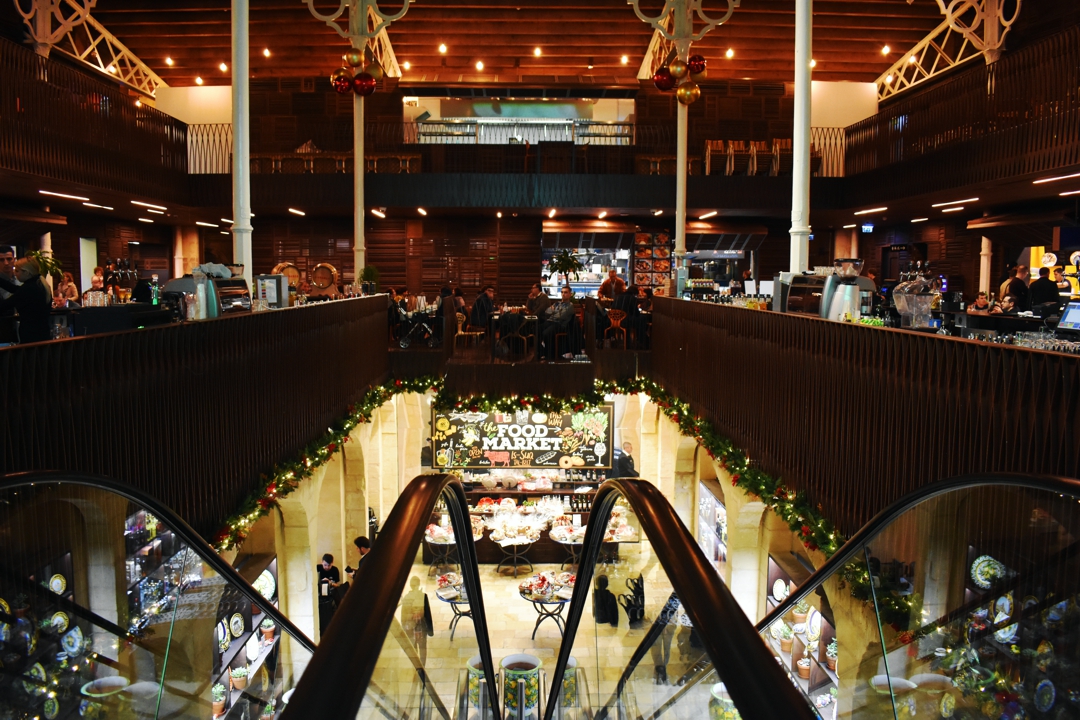
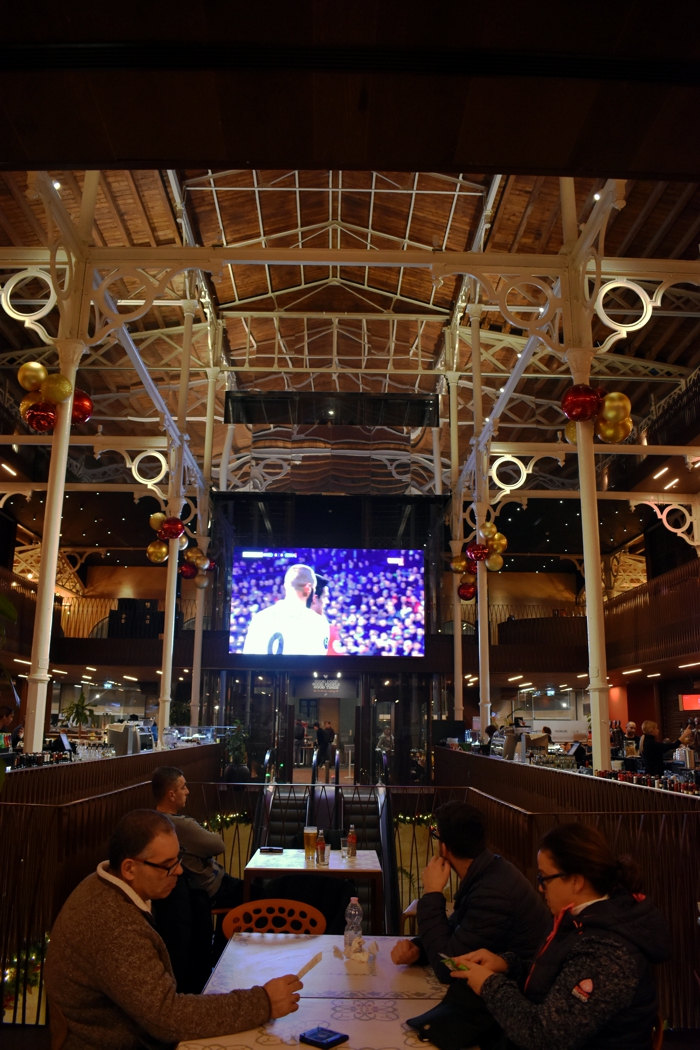
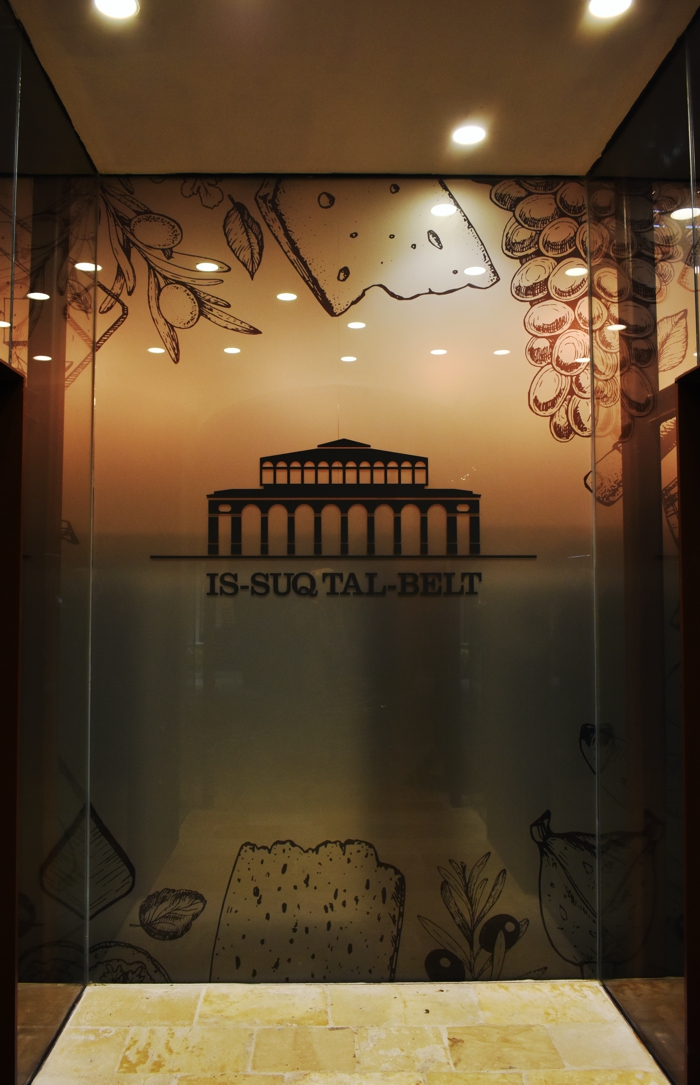
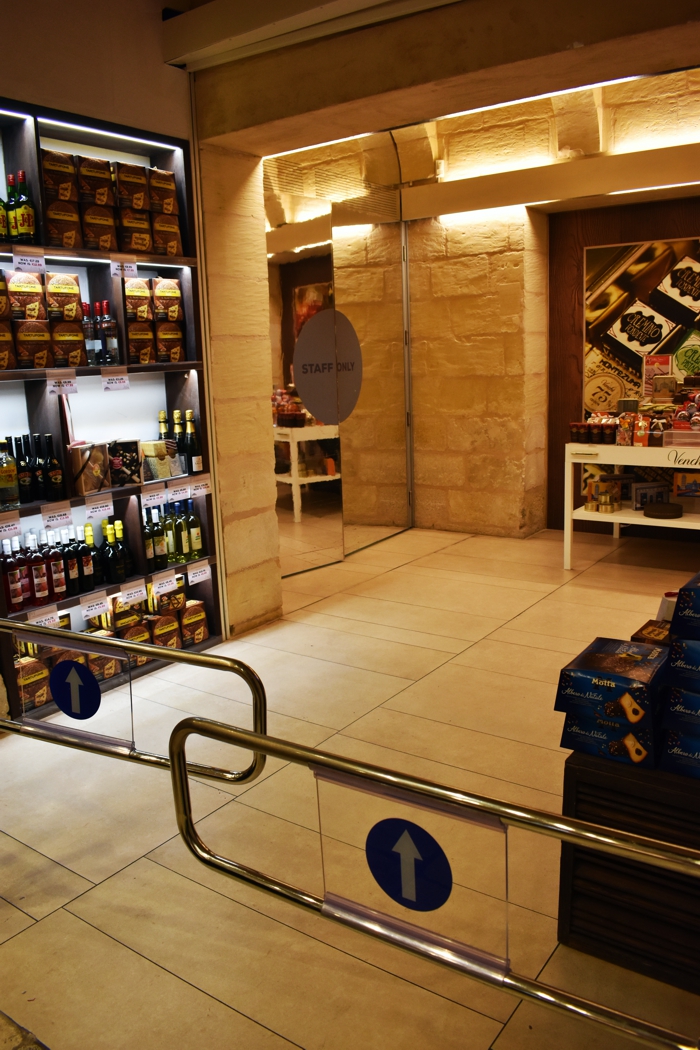
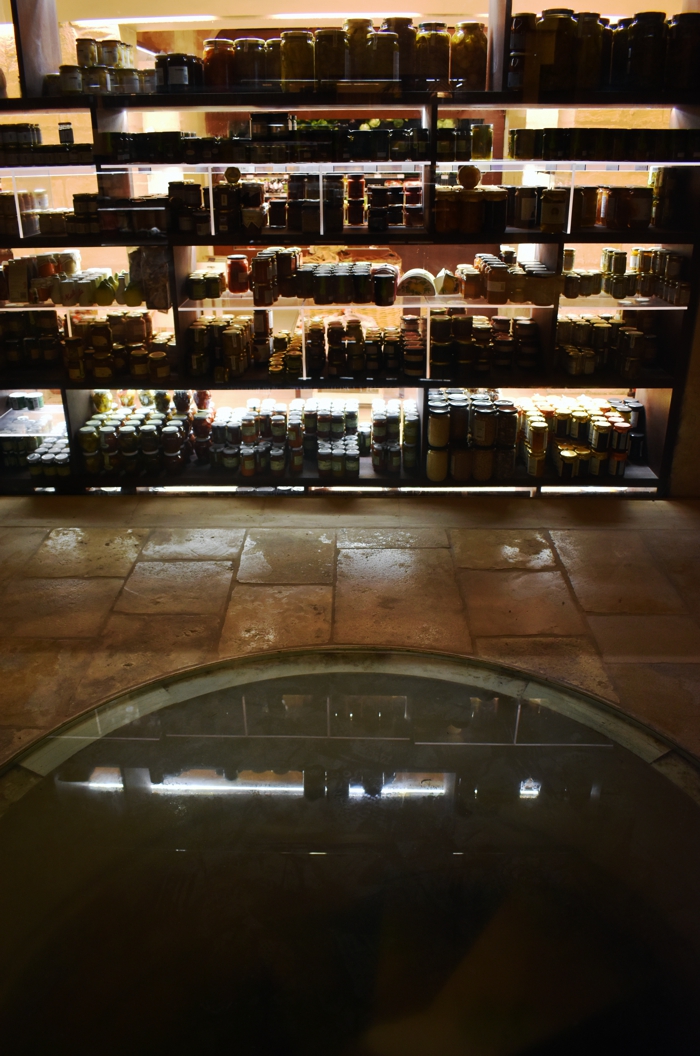
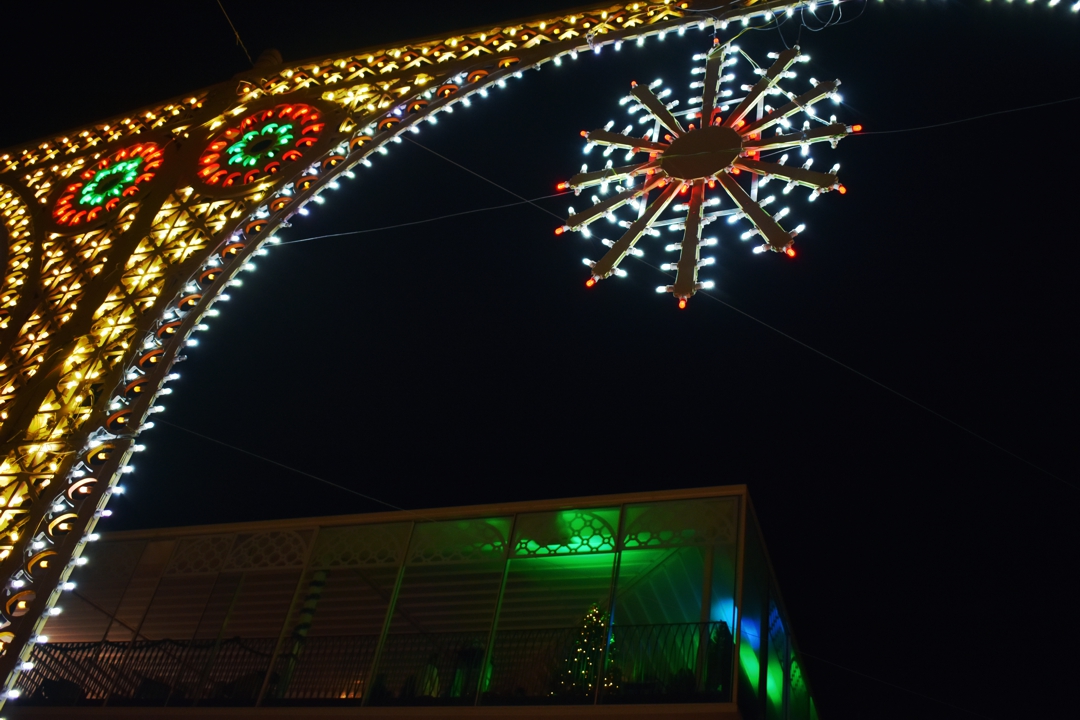
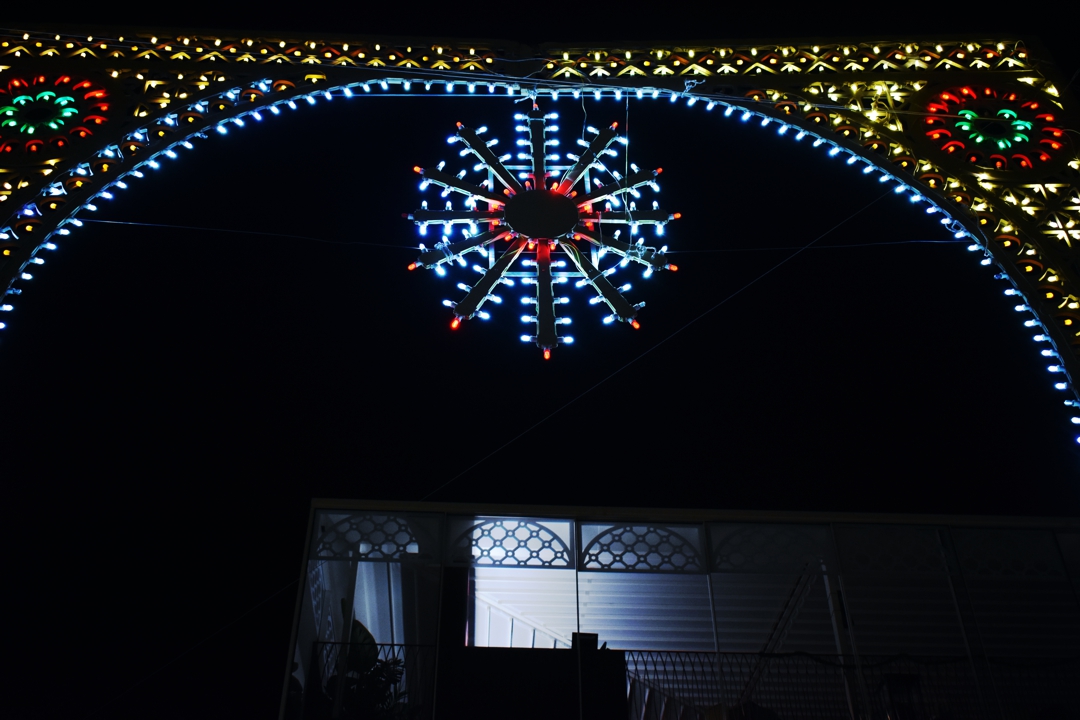

Read the first chapter of the series “Valletta and Our Common Good: Strada Stretta” here.

Leave a Reply